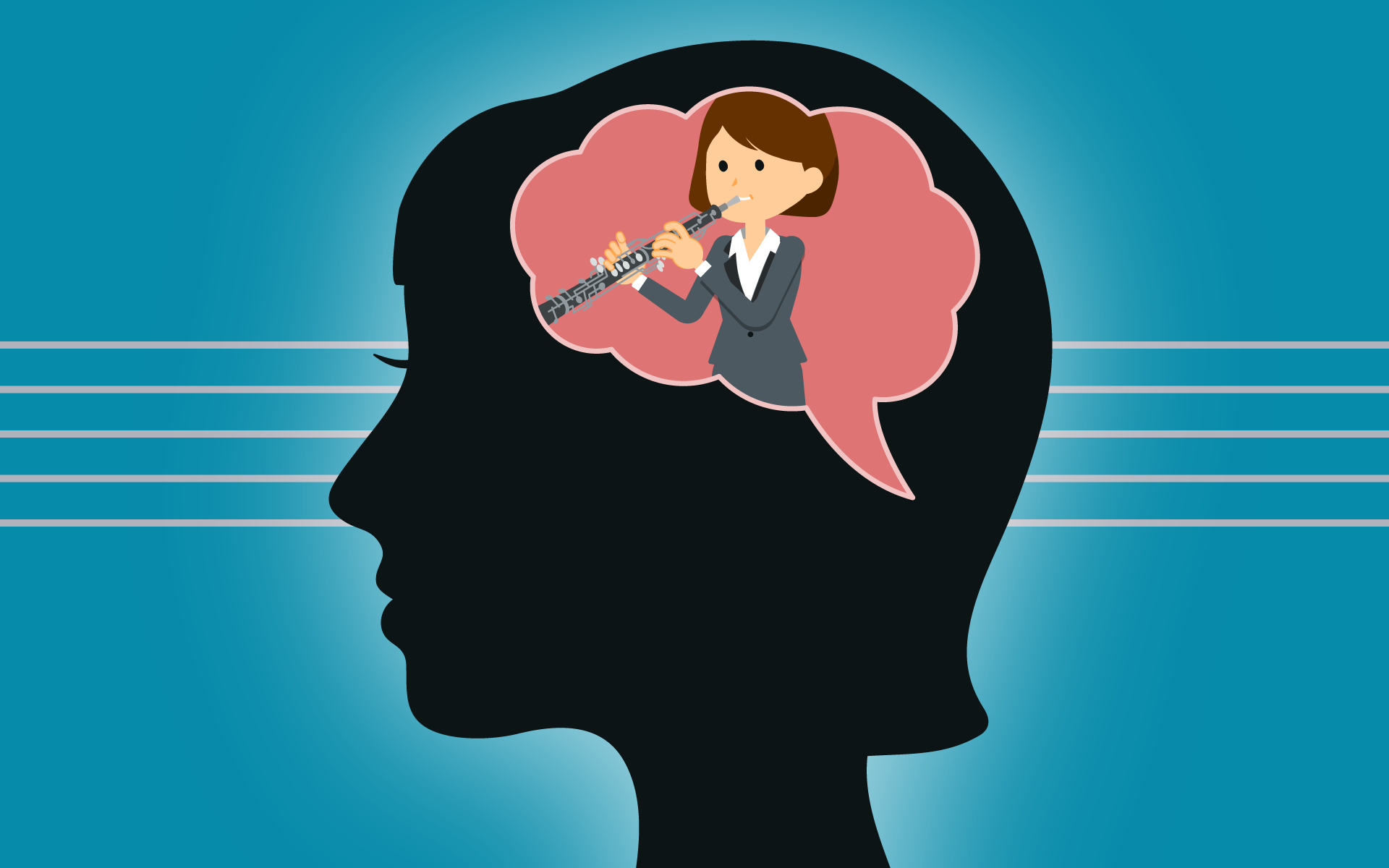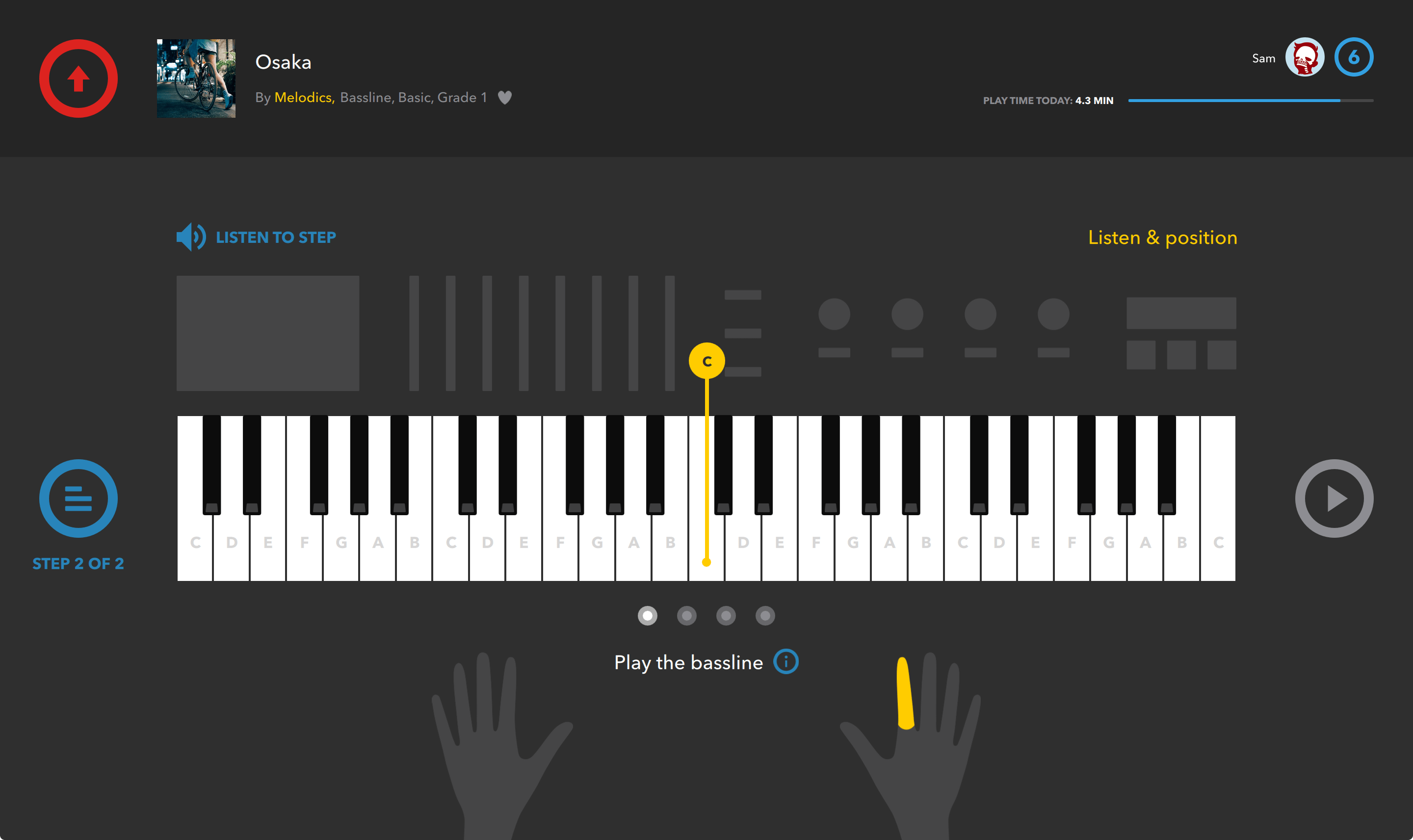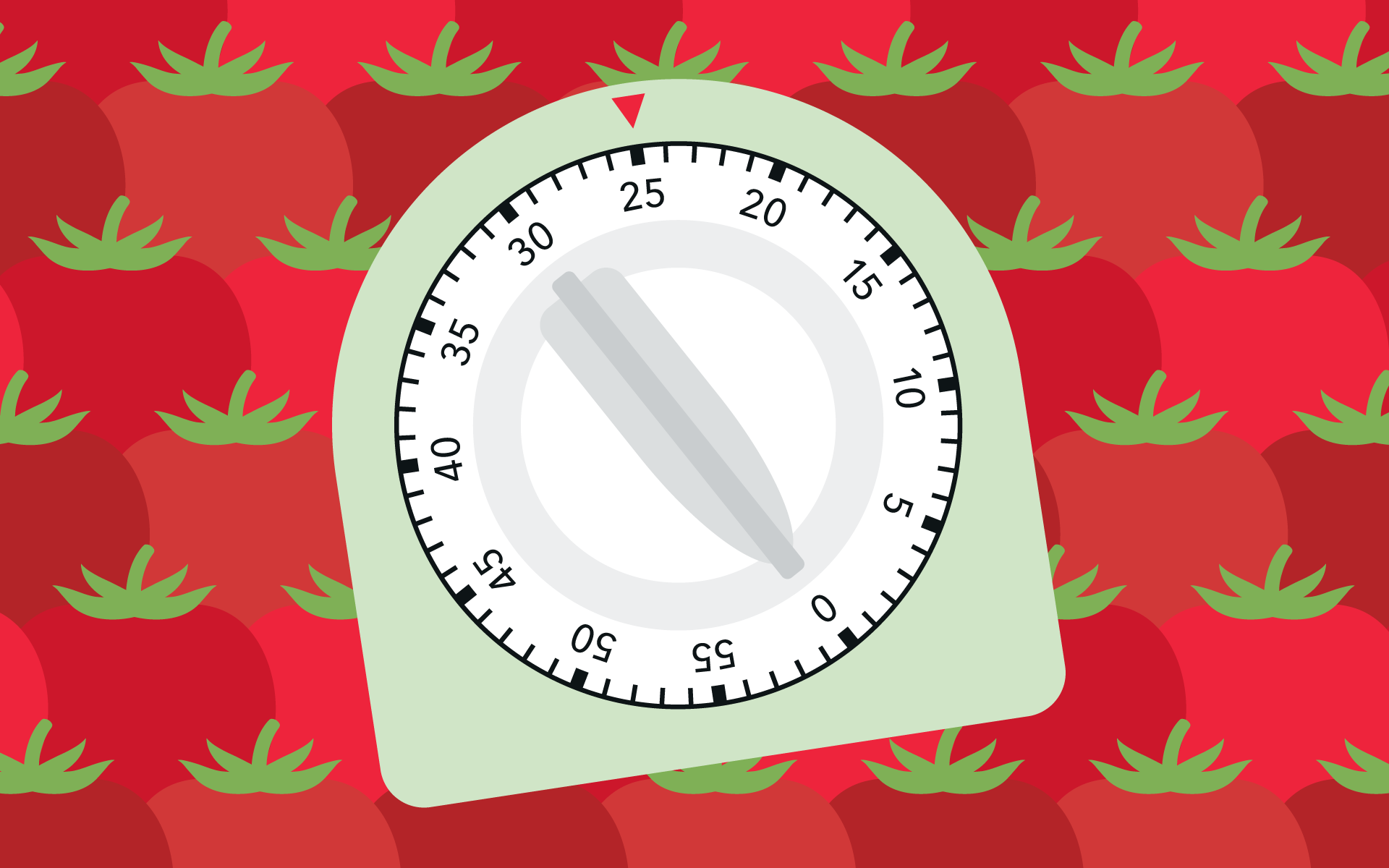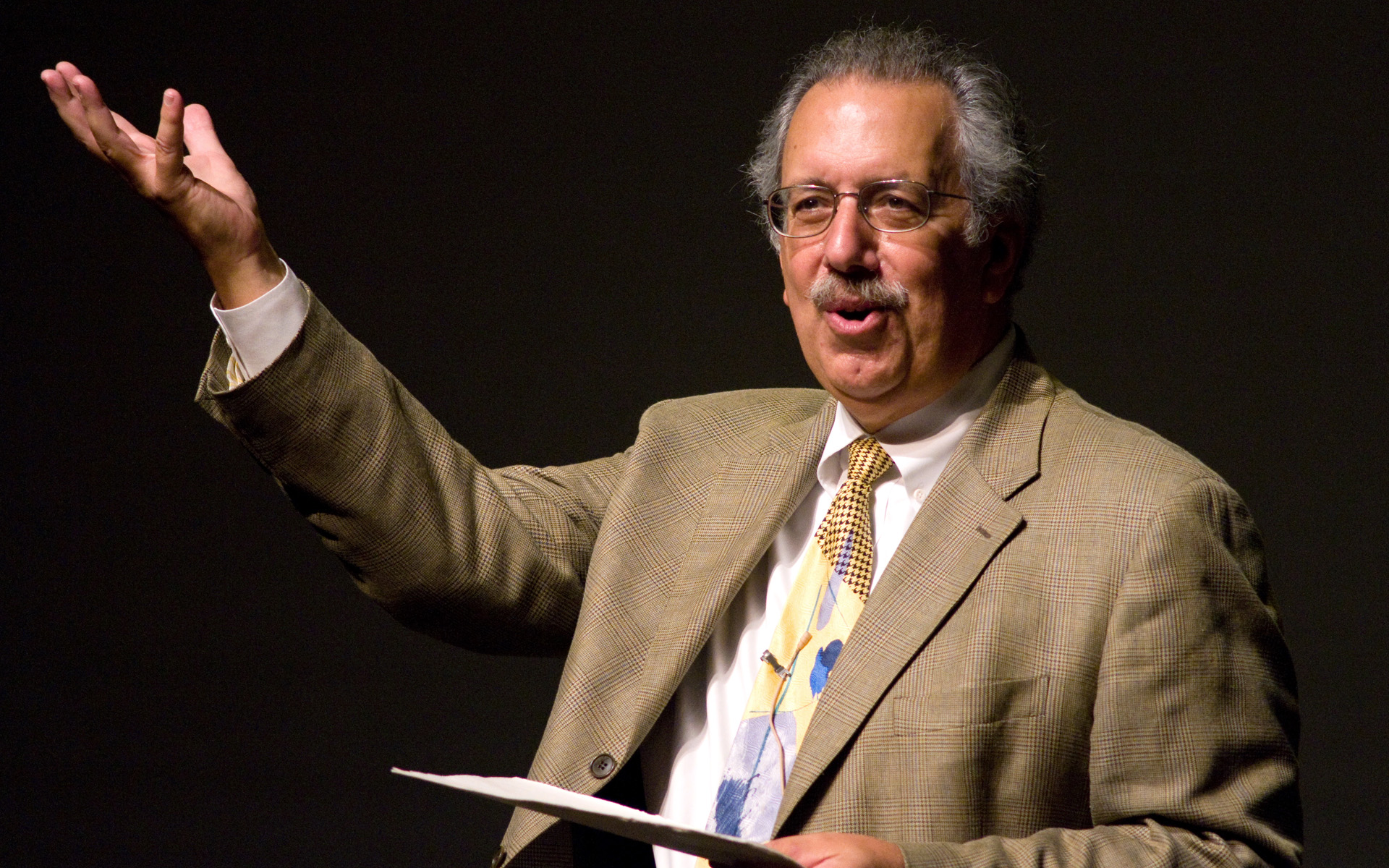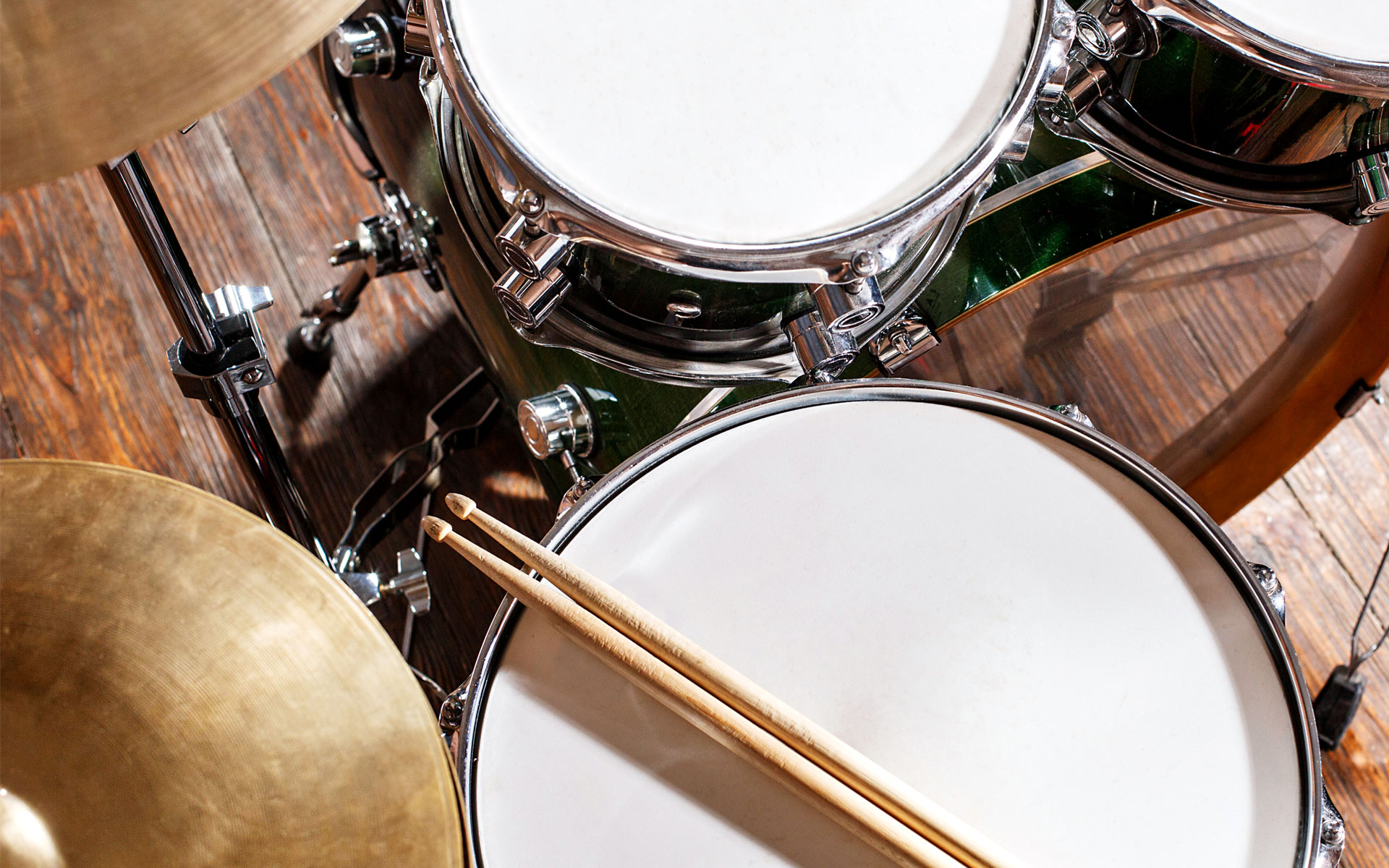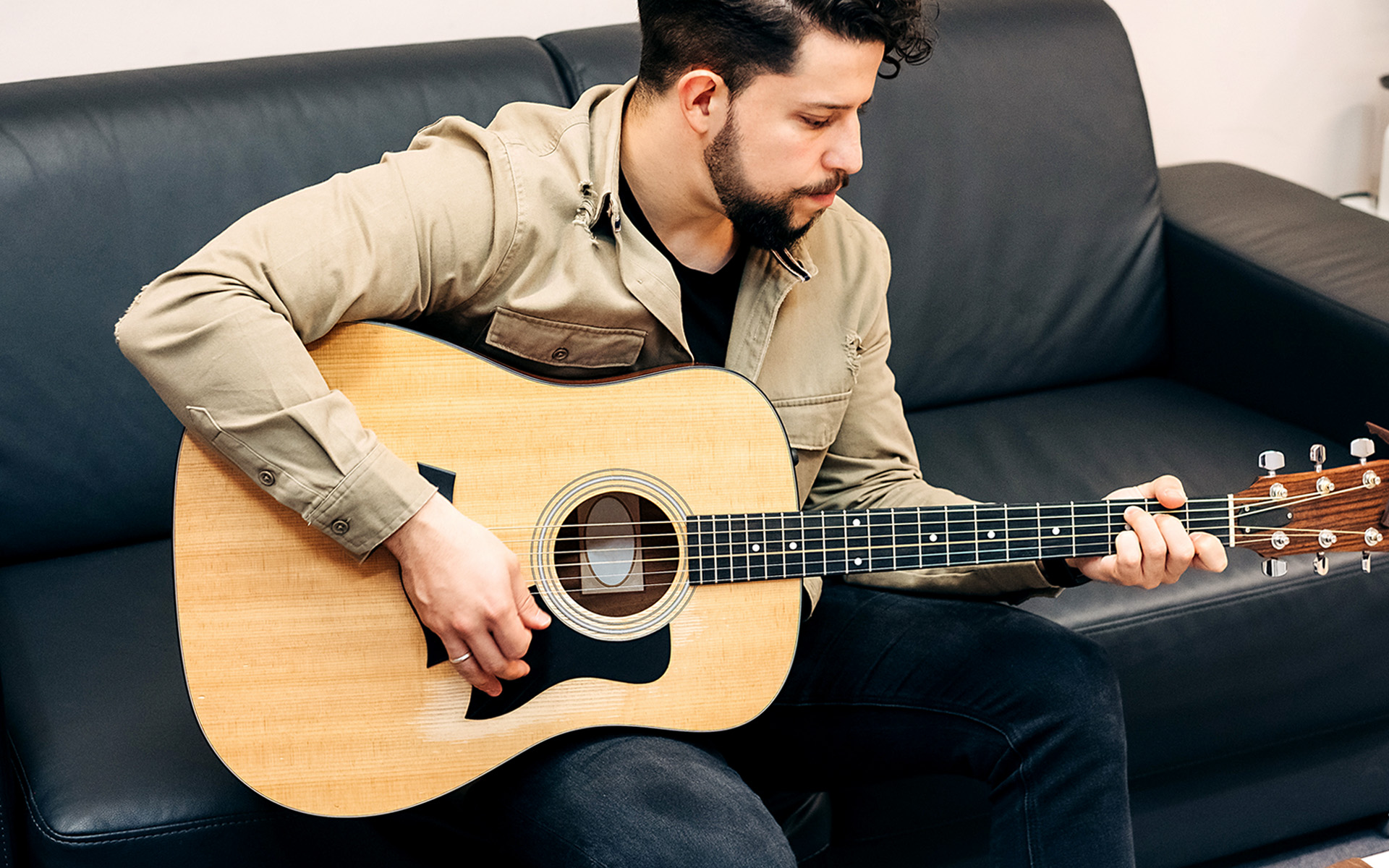Sam Gribben was frustrated that he wasn’t becoming a better piano player. He had watched countless YouTube videos and put in plenty of practice time.
“There were just certain things that I wasn’t getting better at no matter how much practice I did,” he says. “I was quite aware of the fact that I was not practicing the right way, but I didn’t know what the right way was.”
Gribben had been the CEO of Serato Audio Research for a decade and he also had experience DJing. It was this varied background that perfectly prepared him to solve his piano practice exasperation. Since he couldn’t find any existing products on the market to remedy his standstill, he started a company that would.
He launched Melodics in 2015 with lessons in pad-based percussion, to see if his model would work, and then the company quickly expanded to offer electronic drums, and most importantly for Sam, keyboards. Borrowing aspects from modern music production software and taking some cues from video games, it’s a music lesson experience designed to be accessible, motivating, and enjoyable for learners. Importantly, the need to be literate in traditional music notation is sidestepped. The scrolling notation in Melodics is part Guitar Hero and part piano roll.
“A lot of our audience are people who are using software to make music, and it’s the same visual representation as they would have within the software that they’re using,” Sam explains. “With the combination of the audio, which of course you don’t have with written sheet music, it’s a lot simpler. I think it’s one less layer of abstraction for your brain to deal with.”
The key to the Melodics approach is making practice fun and productive, and Sam is adamant that five minutes of practice each day will pay dividends.
“Melodics is definitely about learning to play an instrument, but it’s much more about helping people to practice and get into good habits of practicing a bit every day, and to make that practice as effective and efficient as possible,” he says.
Melodics’ front-facing language is even more rigid … about not being rigid!
“We kind of dislike the word ‘practice,’ at least as it’s used musically. It raises images of endless scales tinked out an an untuned piano, aching hands trying to get the fingering right for an CMaj7#11 chord on the guitar. For many of us—brought up on hip-hop, techno, jungle, EDM, a million other micro-genres—that approach didn’t fit with what we felt in the music: the energy, the fun.”
Indeed, those genres are the ones that Melodics mines. Many lessons are built around hit songs by the likes of Drake, Diplo, and Charlie Puth. Additionally, an ever-growing roster of DJs and producers from around the world, including Step1, Mark de Clive-Lowe, and DJ Jazzy Jeff, produce original lessons and content.
“A big part of the audience is music producers, that’s really where we’re focused,” says Sam, but the experience is also designed to be kid-friendly, and marketed to parents on the grounds that it is more engaging, efficient, and affordable than traditional music lessons. Progress is tracked via levels, and learners level up by banking stars earned at the end of each lesson. While it might feel like you’re playing a game, you’re actually building muscle memory and improving your technique with each session.
But is the Melodics way better than standard music notation?
“Better at some things and not others,” says Sam. “People who are really good at reading sheet music do it so automatically that they don’t have to think about it, but it’s another thing that you have to learn. … In a way [the Melodics way] is more applicable to modern music. The rhythm is more clear than in sheet music because you’re using a grid. You really do see the spacing between the notes a lot more explicitly than you do with sheet music. So, if rhythm is a really important component of the music, which for most of the music that we’re teaching and for most of the people who are using Melodics it’s a more important part of it than say, other classical or traditional aspects of the music, then it is quite a good way of doing it.”
CHECK OUT MELODICS.COM TO LEARN MORE!


